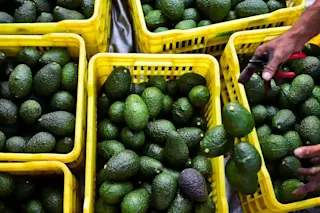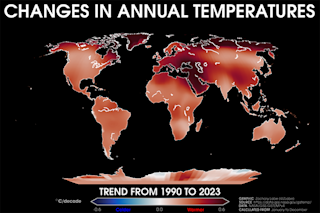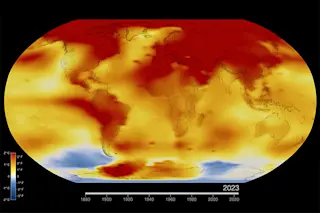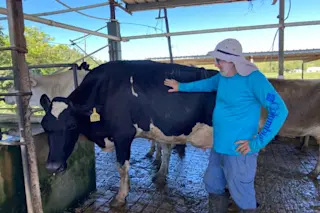In PLOS Biology, a UK geneticist offers some wise suggestions on how to move beyond the simplistic frames that dominate agriculture and the GMO discourse. She writes:
First, it is necessary to move on from the well-worn logical fallacy that anything natural is good, and anything unnatural is bad. The application of this fallacy to agriculture is an excellent illustration of why it is so flawed. Plants evolved by natural selection, driven by the survival of the fittest. As a result, naturally, they are defended to the hilt from herbivores of all kinds, including humans. We know this. No one sends their children into the woods saying “Eat anything you find. It's all natural, so it must be good for you.
It's hard to exaggerate just how much romanticized, outdated views of nature influence the discourse on agriculture and other sustainability issues. A prime example is this recent post from ...













